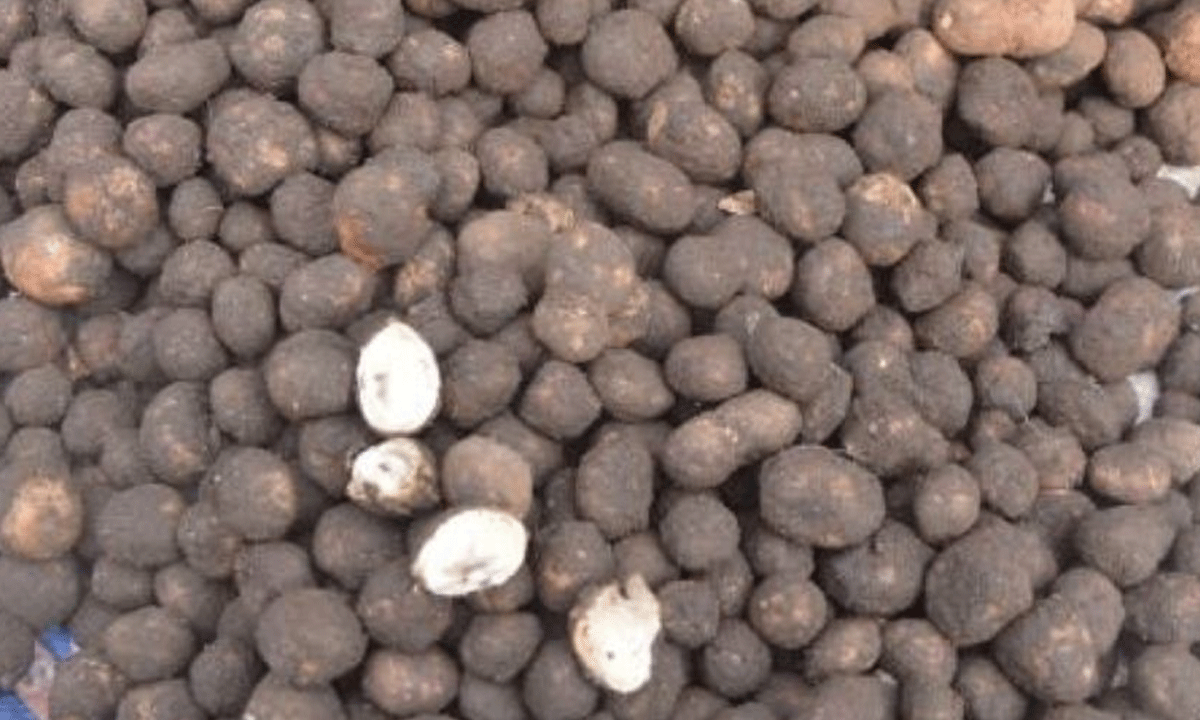Katrua Vegetable: This Wild Delicacy is Costlier Than Mutton – Here’s Why People Love It
While most people are familiar with common vegetables, there exists a rare and exotic monsoon delicacy that many have never seen or tasted — the Katrua vegetable.

New Delhi: While most people are familiar with common vegetables, there exists a rare and exotic monsoon delicacy that many have never seen or tasted — the Katrua vegetable. Found only during the rainy season, Katrua is considered a luxury forest produce, commanding prices as high as ₹800 per kilogram in the market.
Table of Contents
What is Katrua? A Seasonal Treasure from Forests
Katrua is a wild seasonal vegetable that grows naturally in the Terai Forest regions, particularly under the roots of sal and teak trees. Because of its limited availability and nutritional value, it is often called the “non-veg of vegetarians”. Its rich, meaty taste makes even chicken seem inferior by comparison, say many fans of this monsoon special.
Highly Nutritious and Rich in Protein
Katrua is packed with protein, making it a favorite among vegetarians looking for a high-protein alternative. Its unique texture and flavor make it a delicacy, especially for people in rural and forested areas. It’s so flavorful that it is often considered better than meat by those who have tried it.
Forest Harvesting: A Tough but Rewarding Process
The harvesting of Katrua is labour-intensive. It grows as a root vegetable and must be dug out carefully from the forest floor. Local villagers venture deep into the Terai forests during the monsoon season to find and harvest this seasonal treat, making it a rare and valuable find.
Loved by Humans and Wildlife Alike
Interestingly, Katrua is not just popular among humans. Deer species in the forests are also known to relish this unique vegetable, further highlighting its natural appeal and high nutritional value.
Why is Katrua So Expensive?
Due to its seasonal availability, challenging harvesting conditions, and nutrient-rich profile, Katrua commands premium prices, sometimes even reaching ₹800 per kg or more. The cost tends to rise every year due to increasing demand and limited supply.
